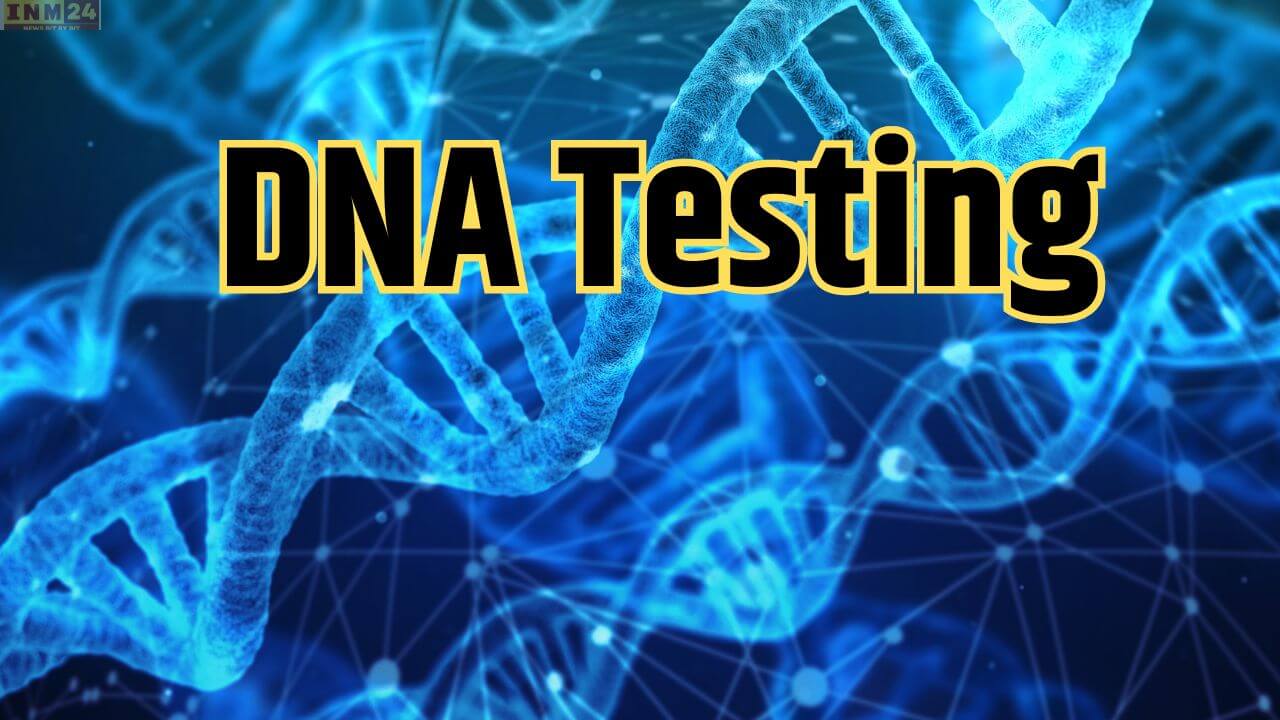DNA testing, scientifically accurate, can unveil the mysteries of a person’s ancestry, diseases, and strengths, akin to how astrology claims to predict events from one’s past to future based on their birth chart. In India, the first DNA test was conducted in 1991, aiding in solving numerous unresolved cases.
DNA, or Deoxyribonucleic Acid, is an essential molecule present in the body, containing a unique genetic code for each individual. With billions of cells running through the body, excluding red blood cells, genetic coding is generated in all others, shaping the body. DNA is composed of four building blocks: adenine, cytosine, guanine, and thymine, and can precisely reveal a person’s genes, ancestors, and lineage.
How Does DNA Testing Work?
DNA testing can be performed using samples from a person’s saliva, teeth, hair, bones, nails, or urine. These samples are collected and scientifically processed to isolate DNA cells. Subsequently, a comparison is made with the DNA of individuals claiming biological relationships. Forensic experts typically conduct DNA testing, prioritizing samples from blood, teeth, nails, and bones.
Where Can DNA Testing Be Done?
DNA testing can be conducted in both private and government laboratories. However, governmental permission is required to conduct DNA testing in public labs, usually granted in criminal cases. Private labs can perform the test based on medical advice.
Cost and Turnaround Time for DNA Testing
The cost of DNA testing in private labs can range from 6,000 to 200,000 rupees, depending on the specialization and institution. The turnaround time for receiving DNA test reports is typically 10 to 25 days.
DNA testing, with its ability to reveal intricate details of one’s genetic makeup and ancestry, has become a powerful tool in solving various mysteries and understanding human biology.
